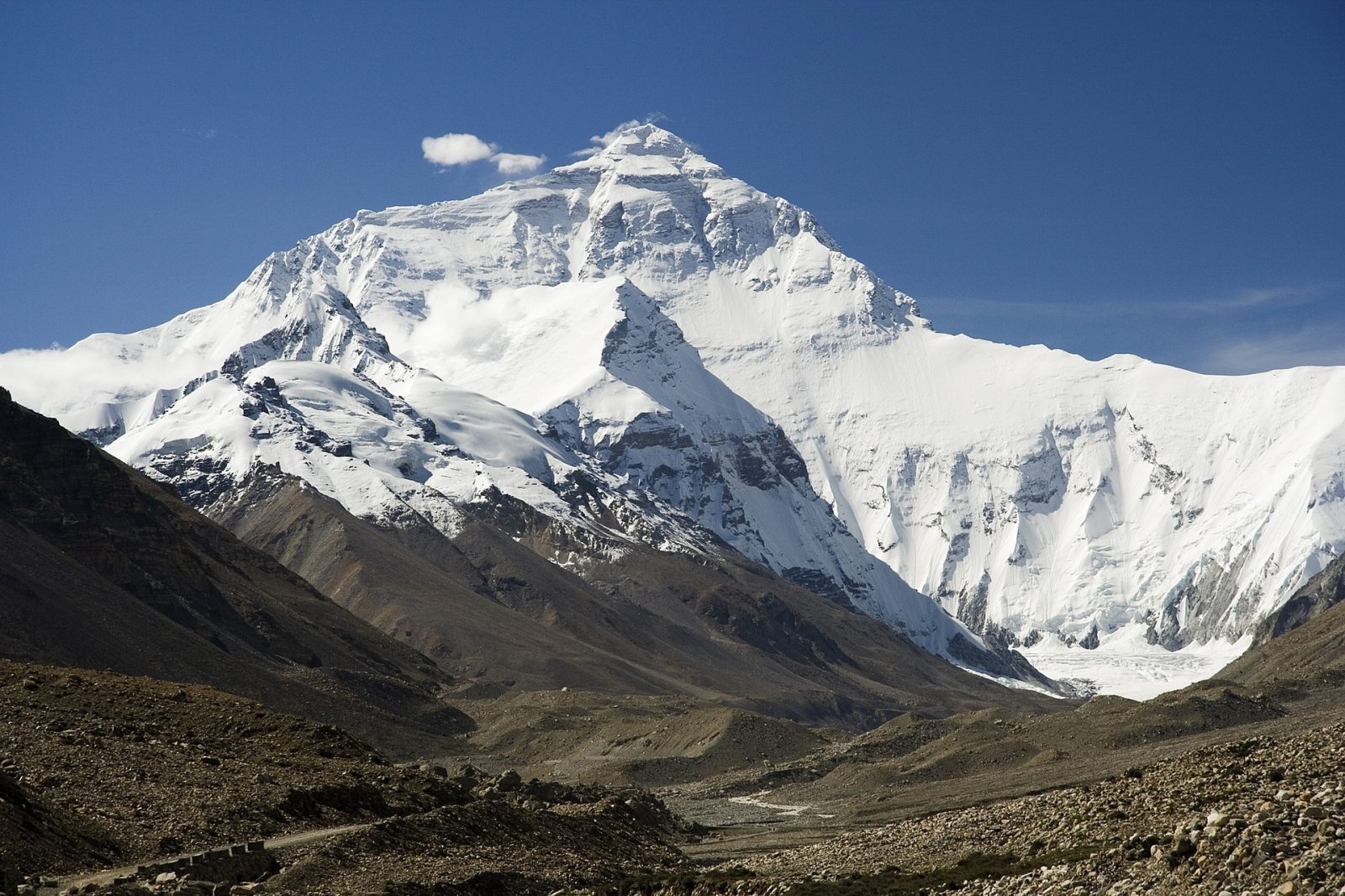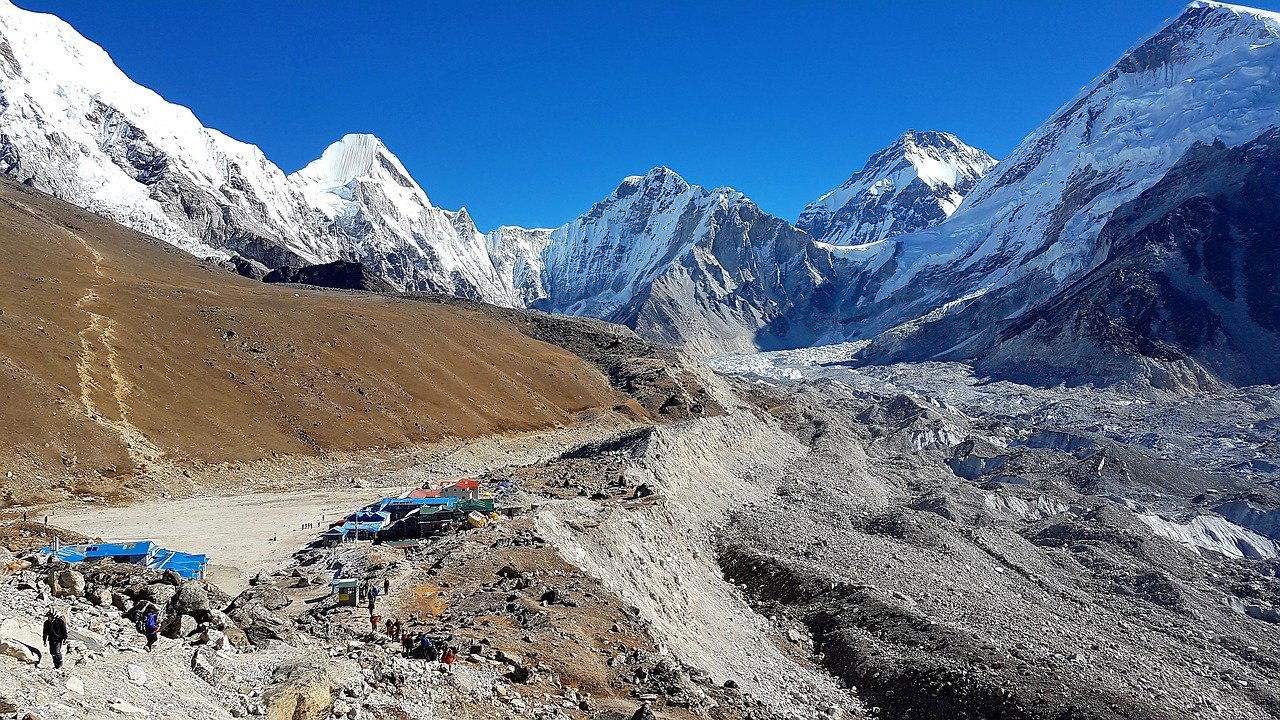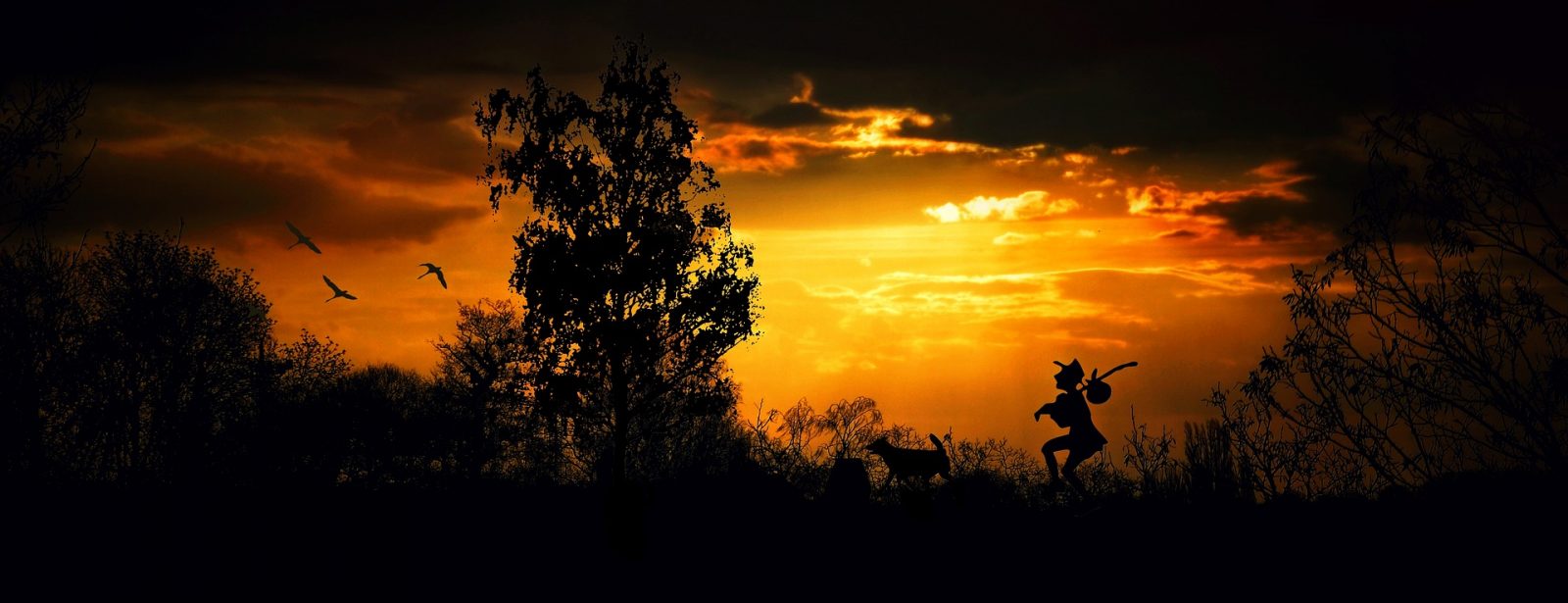As intimidating as it may sound, the Everest Base Camp trek is not difficult at all, and the death rate is pretty low considering that more than 30,000 people each year trek through Khumbu Valley up to the Everest Base Camp. However, only a few successfully summit the Everest each year.
The Everest base camp trek generally doesn’t require any experience of expertise and people of all ages have completed it over the years. It’s just a long trek at a very high altitude. Generally, the 12–14 day duration becomes a deal-breaker for many people since they aren’t accustomed to trekking for such a long time. However, despite its relative ease and is achievable, there are certain things that you need to keep in mind before setting off.

Altitude
If it were not for the altitude, the trek would be pretty basic. So, you certainly need to consider this factor seriously. Many people take it lightly and end up facing deadly consequences like altitude sickness (AMS), which they often underestimate as a minor issue—but it can eventually lead to death. The starting point of the trek is just below 3000 meters, which is already enough to induce AMS while the altitude will go up to 5500 meters, more or less.
Make sure to know the symptoms and treatments of AMS available there before your trip. Also, keep in mind you need to have 2-3 days fixed to acclimatization and have a slow approach to high altitudes. Your outward leg should take at least 70% of the total time of your trek. Furthermore, AMS is not related to your fitness or age, so everyone is vulnerable!
Length
Essentially, the distance between Lukla, your starting point, and Everest base camp is around 65 km. However, you will have to cover a round trip, which is more or less, 130 km.
At first, the distance may seem overwhelming if you’re not an experienced trekker, but the math shows you only need to walk about 15 km per day since you’ll spend 2–3 days acclimatizing. This isn’t much, considering the average person walks at a speed of 5 km per hour.
Still, you should be prepared as the altitude will be increasing with every step and the terrain would be quite rough, so the walk will not be that easy keeping in mind that you will have a lot of baggage with you as well. But luckily most tour operators have porters or mules to carry your baggage so you may not have to worry about that.
Training
While Everest base camp trek does not require any prior training and any novice-trekker can generally handle it, but due to the altitude and the length of trekking, having some basic level of low-key training would help you get through your trip without running into any discomforts.
As we read, some things make Everest base camp trek stand apart from any other treks, so it is advisable to have a few weeks spent in the gym before pursuing your trip. A leg workout should be the top priority, which will help you carry yourself up to the mountains, and don’t forget the squats, you won’t regret it!


